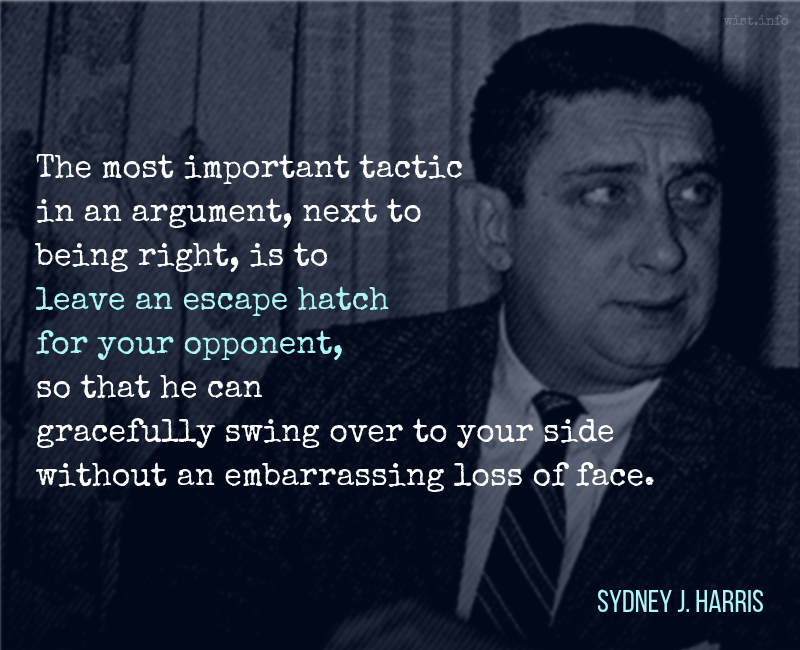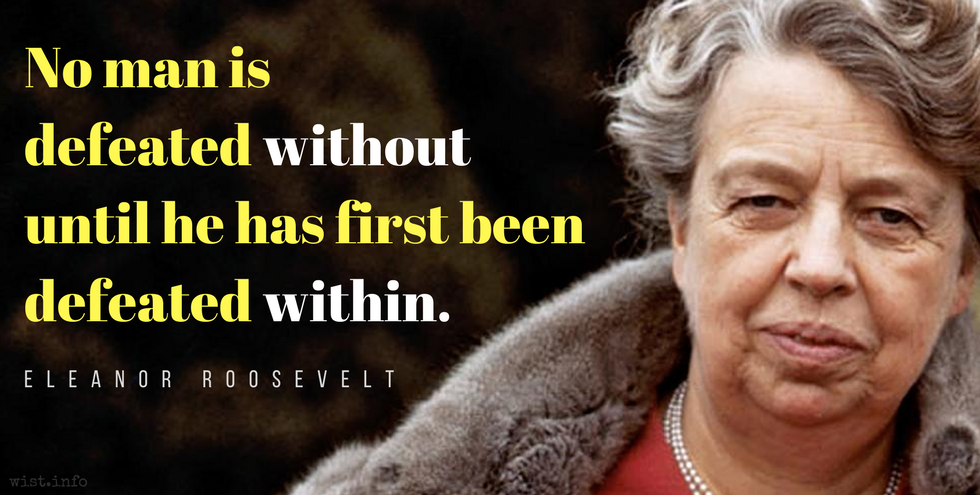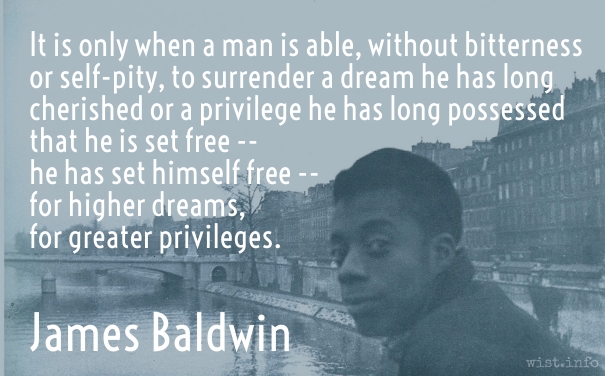Have done at last.
Bow to my appeals. Don’t let your corrosive grief
devour you in silence, or let your dire concerns come
pouring from your sweet lips and plaguing me forever.[Desine iam tandem precibusque inflectere nostris,
ni te tantus edit tacitam dolor et mihi curae
saepe tuo dulci tristes ex ore recursent,
ventum ad supremum est.]Virgil (70-19 BC) Roman poet [b. Publius Vergilius Maro; also Vergil]
The Aeneid [Ænē̆is], Book 12, l. 800ff (12.800-803) [Jove] (29-19 BC) [tr. Fagles (2006)]
(Source)
Jove ordering Juno to stop prolonging the war between the local nations of Italy and the invading Trojans.
(Source (Latin)). Alternate translations:
Give o'er at last, to our intreaties bend,
Nor let such eating grief thee silent spend,
Nor with such care so often trouble me.
[tr. Ogilby (1649)]
At last, in deference to my love, forbear
To lodge within thy soul this anxious care;
Reclin'd upon my breast, thy grief unload:
Who should relieve the goddess, but the god?
[tr. Dryden (1697)]
Now at length desist, and be swayed by my entreaty: nor let such discontent prey upon you in silence; nor let gloomy cares so often meet me from those sweet lips.
[tr. Davidson/Buckley (1854)]
At length give way;
Permit my prayers your will to sway;
Nor brood in silent grief, nor vent
From those sweet lips your ill-content.
[tr. Conington (1866)]
Yield to our prayers, desist thou now at length;
Nor let such grief consume thy silent heart,
Nor from thy sweet lips let these gloomy cares
Encounter me so oft.
[tr. Cranch (1872), l. 1015ff]
Forbear now, I pray, and bend to our entreaties; let not the pain thus devour thee in silence, and distress so often flood back on me from thy sweet lips.
[tr. Mackail (1885)]
I prithee yield unto my prayers, and from thy troubling cease.
Let not thine hushed grief eat thine heart, or bitter words of care
So often from thy sweetest mouth the soul within me wear.
[tr. Morris (1900)]
Desist at length, and hearken to my prayer.
Feed not in silence on a grief so sore,
Nor spoil those sweet lips with unlovely care.
[tr. Taylor (1907), st. 104, l. 928ff]
Give o'er, and to our supplication yield;
let not such grief thy voiceless heart devour;
nor from thy sweet lips let thy mournful care
so oft assail my mind.
[tr. Williams (1910)]
Cease now, I pray, and bend to our entreaties, that such great grief may not consume thee in silence, nor to me may bitter cares so ft return from thy sweet lips.
[tr. Fairclough (1918)]
Stop it now, I tell you;
Listen to my entreaties: I would not have you
Devoured by grief in silence; I would not have you
Bring me, again, anxiety and sorrow,
However sweet the voice.
[tr. Humphries (1951)]
Then yield to my persuasions, give up the long feud now at last!
No more of the hidden rancour that so consumes you, the sullen
Recriminations your sweet lips have troubled me with so often.
[tr. Day-Lewis (1952)]
Stop at last;
give way to what I now ask: do not let
so great a sorrow gnaw at you in silence;
do not let your sweet lips so often press
your bitter cares on me.
[tr. Mandelbaum (1971), l. 1062ff]
Come now, at last
Have done, and heed our pleading, and give way.
Let yourself no longer be consumed
Without relief by all that inward burning;
Let care and trouble not forever come to me
From your sweet lips.
[tr. Fitzgerald (1981), l. 1083]
The time has come at last for you to cease and give way to our entreaties. Do not let this great sorrow gnaw at your heart in silence, and do not make me listen to grief and resentment for ever streaming from your sweet lips.
[tr. West (1990)]
Now cease, at last, and give way to my entreaties,
lest such sadness consume you in silence, and your bitter
woes stream back to me often from your sweet lips.
[tr. Kline (2002)]
Quotations about:
surrender
Note not all quotations have been tagged, so Search may find additional quotes on this topic.
The most important tactic in an argument, next to being right, is to leave an escape hatch for your opponent, so that he can gracefully swing over to your side without an embarrassing loss of face.
Sydney J. Harris (1917-1986) Anglo-American columnist, journalist, author
Pieces of Eight (1982)
(Source)
Frequently misquoted: "The most important thing in an argument, next to being right, is to leave an escape hatch for your opponent, so that he can gracefully swing over to your side without too much apparent loss of face."
A champion is someone who gets up when he can’t.
William Harrison "Jack" Dempsey (1895-1983) American professional boxer ("Kid Blackie," "The Manassa Mauler")
(Attributed)
(Source)
Comment after his fight with Luis Ángel Firpo (14 Sep 1923).
No man is defeated without until he has first been defeated within.
Eleanor Roosevelt (1884-1962) First Lady of the US (1933-45), politician, diplomat, activist
You Learn by Living, ch. 10 (1960)
(Source)
He sendeth sun, he sendeth shower,
Alike they’re needful to the flower;
And joys and tears alike are sent
To give the soul fit nourishment.
As comes to me or cloud or sun,
Father! thy will, not mine, be done.
Deliberate with caution, but act with decision; and yield with graciousness, or oppose with firmness.
Charles Caleb "C. C." Colton (1780-1832) English cleric, writer, aphorist
Lacon: Or, Many Things in Few Words, Vol. 1, § 284 (1820)
(Source)
Love conquers all; let us, too, yield to Love!
[Omnia vincit amor; et nos cedamus amori.]
Virgil (70-19 BC) Roman poet [b. Publius Vergilius Maro; also Vergil]
Eclogues [Eclogae, Bucolics, Pastorals], No. 10 “Gallus,” l. 69 (10.69) (42-38 BC) [tr. Fairclough (Loeb) (1916)]
(Source)
(Source (Latin)). Alternate translations:
Love conquers all, let us give place to love.
[tr. Ogilby (1649)]
In Hell, and Earth, and Seas, and Heav'n above,
Love conquers all; and we must yield to Love.
[tr. Dryden (1709), ll. 98-99]
Love conquers all; and we must yield to love.
[tr. Wrangham (1830), l. 81]
Love conquers all; and let us yield to love.
[tr. Davidson (1854)]
Love's lord of all. Let me too yield to Love.
[tr. Calverley (c. 1871)]
Love conquers all nature; we too must yield to love.
[tr. Wilkins (1873)]
Love reigns with undisputed sway,
And we the mighty god obey.
[tr. King (1882), ll. 1009-10]
Love will but tamper with the shaft he drove.
And we must yield to all-subduing Love.
[tr. Palmer (1883)]
Love conquers all things; yield we too to love!
[tr. Greenough (1895)]
Love conquers everything; let us also yield to love.
[tr. Bryce (1897)]
Love conquers all: let us too yield to Love.
[tr. Mackail (1899)]
Love conquers all things -- let us yield to love.
[tr. Mackail/Cardew (1908)]
Love masters all. We, too, submit to love.
[tr. Williams (1915)]
Love carries all before him: I too must yield to Love.
[tr. Rieu (1949)]
Love is the tyrant
Of all, so let me bow to his domination.
[tr. Johnson (1960)]
All-conquering is Love -- no use to fight against him.
[tr. Day Lewis (1963)]
Love conquers all, and all must yield to love.
[tr. Ferry (1999)]
Love conquers all: and let us give way to Love.
[tr. Kline (2001)]
Any real change implies the breakup of the world as one has always known it, the loss of all that gave one an identity, the end of safety. And at such a moment, unable to see and not daring to imagine what the future will now bring forth, one clings to what one knew, or dreamed that one possessed. Yet, it is only when a man is able, without bitterness or self-pity, to surrender a dream he has long cherished or a privilege he has long possessed that he is set free — he has set himself free — for higher dreams, for greater privileges.
If a man has a genuine, sincere, hearty wish to get rid of his liberty, if he is really bent upon becoming a slave, nothing can stop him. And the temptation is to some natures a very great one. Liberty is often a heavy burden on a man. It involves that necessity for perpetual choice which is the kind of labor men have always dreaded. In common life we shirk it by forming habits, which take the place of self-determination. In politics party-organization saves us the pains of much thinking before deciding how to cast our vote. In religious matters there are great multitudes watching us perpetually, each propagandist ready with his bundle of finalities, which having accepted we may be at peace. The more absolute the submission demanded, the stronger the temptation becomes to those who have been long tossed among doubts and conflicts.
Oliver Wendell Holmes, Sr. (1809-1894) American poet, essayist, scholar
Elsie Venner, ch. 18 (1859)
(Source)
For to win one hundred victories in one hundred battles is not the acme of skill. To subdue the enemy without fighting is the acme of skill.
Sun-Tzu (fl. 6th C. AD) Chinese general and philosopher [a.k.a. Sun Wu]
The Art of War, ch. 3
Alt. trans.:
- "Hence to fight and conquer in all your battles is not supreme excellence; supreme excellence consists in breaking the enemy's resistance without fighting"
- "The best victory is when the opponent surrenders of its own accord before there are any actual hostilities .... It is best to win without fighting."
Never give in, never give in, never, never, never — in nothing, great or small, large or petty — never give in except to convictions of honour and good sense. Never yield to force; never yield to the apparently overwhelming might of the enemy.
Winston Churchill (1874-1965) British statesman and author
Speech, Harrow School, England (1941-10-29)
(Source)


















